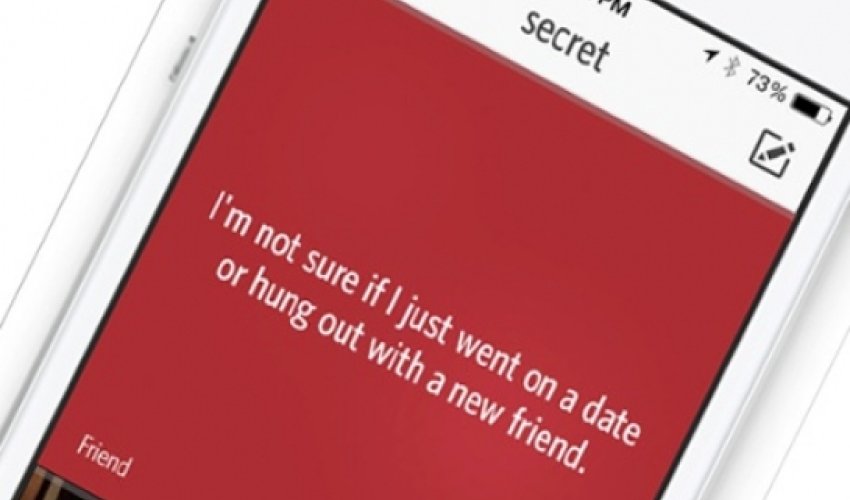Would you really trust a 'secret' app to protect your secrecy?

The ongoing revelations about the surveillance activities of NSA and GCHQ are undoubtedly fuelling interest in “secure” email apps, while the rise of Snapchat is more likely a reaction (among teenagers in particular) to the over-sharing of the older Myspace and Facebook generations.Meanwhile, secret sharing apps like Secret and Whisper are capitalising on humans’ age-old enjoyment of gossip, while the concept of friends-with-benefits was around long before Bang With Friends was triggering Apple’s censorship klaxon in the App Store.Here’s my main question about all this: why are so many people so happy to trust the promises of freshly-minted app startups promising to protect their secrecy?Whenever a new app emerges touting anonymity or ephemerality, stories about those principles being undermined never seem far behind. Just this week, TechCrunch reported that Secret users’ email addresses were included with their posts in the stream of data sent out by the app – something that was quickly corrected by its developer.At the height of Bang With Friends hype last year, it emerged that it was easy to find out which of your Facebook friends had signed up for it, if not to see who they wanted to, ahem, bang. Not the level of privacy people would have been hoping for.And Snapchat? Its rapid growth has been accompanied by a succession of stories questioning its security and privacy, from forensics companies recovering supposedly “deleted” snaps and apps designed to circumvent its protection, to Tumblr blogs of topless Snapchat users and reports of a loophole enabling hackers to access users’ phone numbers.Leaving aside for the moment the nagging sense that pretty much any app – Angry Birds included – is a potential pipe of your personal data to security agencies – it doesn’t seem too scaremongering to point out that any app promising secrecy or anonymity that gets popular will soon be having its security poked and prodded by hackers, looking for holes.Judging by some recent articles about Secret, it’s full of Silicon Valley staffers spilling beans about their companies, from potential acquisitions and money troubles to hated executives. All presumably confident that their gossip won’t ever be traced back to their real identities. Hopefully they’re right. Hopefully.In truth, any problem here lies less with the software on our smartphones, and more with the software inside our skulls. Many people’s natural inclination with social media has been to post first, and think about potential consequences later – whether drunk-night-out pics on Myspace, my-boss-is-awful updates on Facebook, or clothes-shedding shots on Snapchat.Apps promising to guarantee our secrecy sound like they could protect us, but remember this: if they’re successful, people will be trying to hack them. If they’re not successful but they have clever technology, they might get bought by Google, or Facebook, or Yahoo. And if they simply shut down, how much do you know about what data they’re storing and how they’ll dispose of it?The fact that privacy is becoming a selling point in the latest generation of social apps isn’t a bad thing, by any means. The best piece of advice is hardly new: think before you vent, and be alive to the question of whether secrecy apps really can keep your secrets in the long run.(theguardian.com)ANN.Az
Latest news 




































 Photo
Photo 



 Video
Video 

